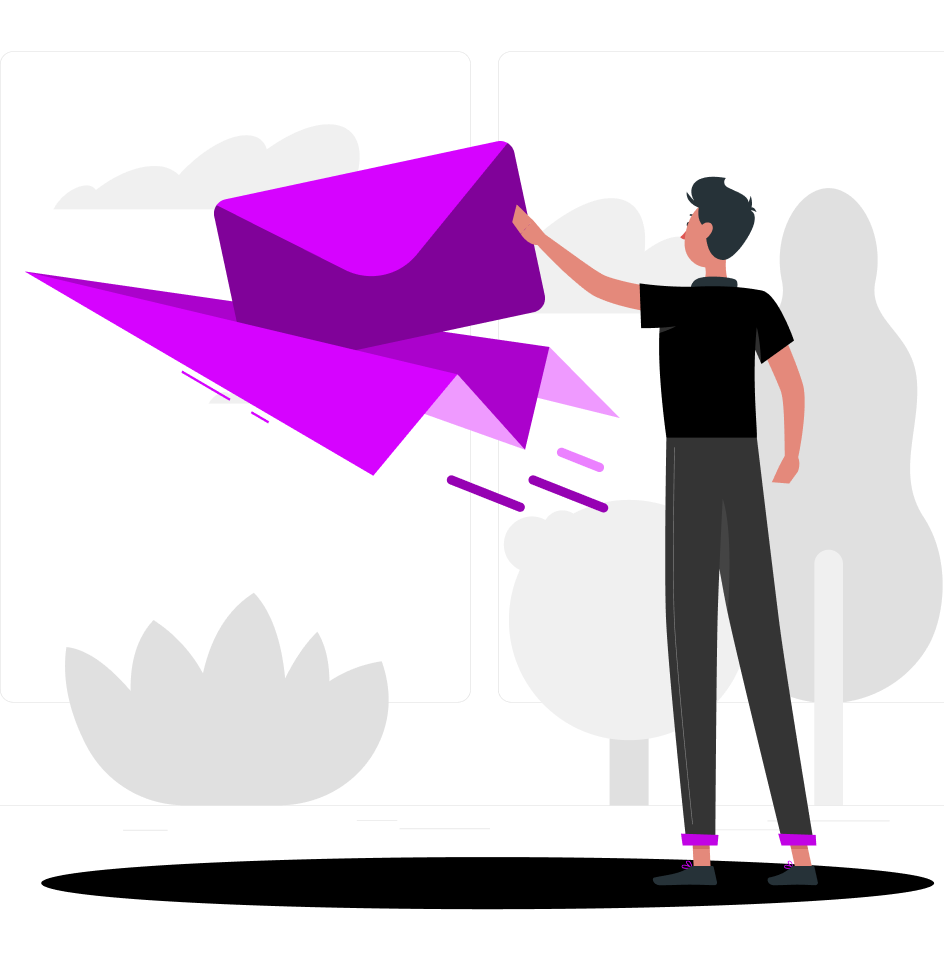Mongoose schema data types are the building blocks of a Mongoose schema. They define the type of data stored within a particular document and how it is structured and accessed. This article will discuss the Mongoose schema data types and how to use them with examples.
What is Mongoose?
Mongoose is a powerful object modeling package for Node.js and MongoDB, allowing website development to create and manipulate data stored in a MongoDB database easily. Mongoose provides an intuitive, straightforward way to define the structure of data stored in a MongoDB database and powerful methods for manipulating this data. Mongoose Schema is at the heart of Mongoose’s data definition and manipulation capabilities.
Mongoose Schemas defines the stored data structure by specifying the data types of each field, default values, and validators that can be used to ensure data integrity. While Mongoose provides a wide range of built-in data types, developers can also create custom data types to model their application data better.
Built-in Mongoose Schema Data Types
This feature allows developers to define and validate the shape and structure of data in their MongoDB collections. Mongoose provides several built-in data types, including numbers, strings, arrays, objects, dates, booleans, and mixed. Each type has properties and functions that can be used to manipulate and validate data.
Number
Numbers are the most basic data type in Mongoose. They can store numeric data, including integers, floats, and decimals. Numbers in Mongoose can be specified with a range of properties, such as min, max, and required. Numbers can also be optionally specified as unique.
Strings are another common data type in Mongoose. They store text data, such as names, addresses, phone numbers, and more. Strings can be specified with a range of properties, such as min length, max length, and required. Strings can also be optionally specified as unique.
Arrays
Arrays are used to store lists of data. They are very useful for storing ordered data, such as lists of names or numbers. Arrays in Mongoose can be specified with a range of properties, such as min length, max length, and required. Arrays can also be optionally specified as unique.
Mongoose supports schemaType arrays and subdocument arrays. Both document arrays and SchemaTypes arrays are sometimes known as basic arrays and subdocument arrays, respectively. Because they inherently have the value [ ], arrays are unique.
Objects
Objects are a data type in Mongoose that allows the developer to store nested data. Objects can contain any valid data type, including other objects. This allows for a flexible data structure that can be used to store any type of data. Objects can also be nested within other objects, allowing for a complex document structure.
Objects are a great way to store data with a consistent structure, such as a user profile or a product catalog. When using an object type, it is important to remember that the data must be valid. This means an object must have the correct data type for each property. The document will only be saved if a property is of the correct type.
Dates
Dates are used to store dates and times. They are especially useful for tracking the history of data stored in MongoDB collections. Dates in Mongoose can be specified with a range of properties, such as min, max, and required. Dates can also be optionally specified as unique.
Booleans
Booleans are used to store true or false values. They are especially useful for tracking an application’s state or keeping track of certain conditions. Booleans in Mongoose can be specified with a range of properties, such as required. Booleans can also be optionally specified as unique.
Booleans are commonly used when defining relationships between collections. For example, suppose you want to define a one-to-many relationship between two collections. In that case, you can use a Boolean to determine if a document in one collection exists in the other collection. Mongoose also provides a variety of methods for querying documents in a collection based on their Boolean values.
In addition to relationships, Booleans often define states within an application. For example, if you want to track if a user has logged in or if a file has been uploaded, you can use Boolean to track these states.
Mixed Data Types
Mixed data types are used to store data of any type. They are very useful for storing data of any type, such as strings, booleans, dates, or objects. Mixed data types in Mongoose can be specified with a range of properties, such as required. Mixed data types can also be optionally specified as unique.
In addition to the built-in data types, Mongoose also provides several custom data types. These custom data types allow developers to define their data types and validation rules. Custom data types are useful for validating user input or storing complex data structures.
Using Mongoose’s built-in schema data types, developers can easily define and validate the shape and structure of data in their MongoDB collections. This is valuable, given schema is very important SEO. This feature makes it easy to ensure that data stored in MongoDB is valid and consistent. The built-in and custom data types offered by Mongoose provide developers with powerful tools for building robust Node.js applications.
Custom Mongoose Schema Data Types
In addition to the built-in Mongoose Schema data types, developers can create custom data types to model their application data better. Custom data types can be used to define data types specific to the application, such as a currency or a date data type. These custom data types can also define more complex data structures, such as an address or product data type.
Mongoose Schemas are created using a special syntax that allows developers to define the data types they need to store. The available data types can be divided into three general categories: primitive types (such as strings, numbers, and booleans), object types (such as Arrays, Objects, and Dates), and custom types (such as Enums, Mixed, and Decimals). Developers can also use the shorthand notation for each data type to quickly define a schema.
Primitive types are the most basic data types, including strings, numbers, and booleans. These types can store simple values, such as names, ages, and even binary values. The syntax for primitive types is relatively straightforward, and it is possible to define a schema using a single line of code. For example, the following code would define a schema with a string field called “name”:
const schema = new mongoose.Schema({
name: String
});
Object types are more complex than primitive types, allowing developers to store more complex data. Arrays, Objects, and Dates are all examples of object types, and they are each defined similarly. For example, the following code would define a schema with an Array field called “tags”:
const schema = new mongoose.Schema({
tags: [String]
});
Custom types are more complex than primitive ones, and object types are often used to define more specific data types. Enums, Mixed, and Decimals are all examples of custom types. Enums allow developers to define a set of values that can be used to store data, while Mixed and Decimals are used to store more complex types of data.
The syntax for custom types is slightly more complex than that of primitive or object types. For example, the following code would define a schema with an Enum field called “status”:
const schema = new mongoose.Schema({
status: {
type: String,
enum: [‘active’, ‘inactive’, ‘suspended’]
}
});
Using Mongoose Schema Data Types
To define a data type in a Mongoose Schema, developers simply include the data type in the Schema definition, along with any default values or validators that should be applied. For example, to define a String data type in a Mongoose Schema, developers would specify the String data type and any default values or validators to be applied to the data type:
const userSchema = new mongoose.Schema({
name: {
type: String,
default: ‘John Doe’,
validate: [stringValidator, ‘Please enter a valid string’]
}
});
MongoDB is a NoSQL database that does not use a strict schema like traditional relational databases. Mongoose also provides a wide range of virtuals and methods, allowing developers to define custom functions that will be applied to the data in their collections. This allows developers to define custom validations, business logic, and more. These virtuals and methods can also create custom schema data types, allowing developers to create custom data types to fit their specific needs.
Using Mongoose Schema Data Types, developers can ensure that their data is valid and consistent and that their applications are secure and reliable.
Overall, Mongoose Schema Data Types are invaluable for developers looking to create accurate and consistent data models. They allow developers to quickly and easily define their data models and the data types used to store information. The shorthand notation for each data type makes it easy to define a schema quickly.













